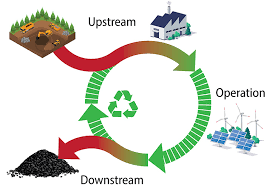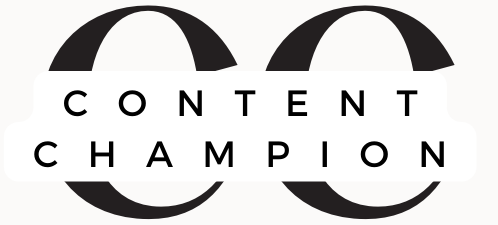Life cycle assessment (LCA) is a technique of identifying how much carbon emissions a process or product produces. It builds on a more well known trend of evaluating eco friendly products in terms of their carbon footprint.

In Europe a lot of data has been collected to identify exactly what sustainable cities and communities look like in terms of their relationship to consumed products or services.
For this reason data about carbon footprint by country is a lot easier to find for european union countries when compared to regions in the United States.
If you are looking to calculate an LCA for your product or service there are a few good sources of carbon emissions worldwide that can point you in the right direction. Carbon footprint lists and estimating based on national corporate sustainability reporting is frequently what is relied on amongst researchers in this area. Unfortunately guestimating will be seen throughout the field when it comes to early product assessments until the United States adopts similar standards to the EU corporate sustainability reporting directive.
National Renewable Energy Laboratory – This Colorado based lab has produced succinct data about the united states in the USLCI or US Life Cycle Inventory Database. With specific descriptions of activities, commodities, and services the index helps accurately estimate product carbon at different phases of the development cycle. It is a great source for local life cycle assessment data and can produce great results for companies trying to look at environmental development.
OpenLCA Nexus – As an effort to aggregate data for life cycle assessment around the world, this non profit has put together a variety of resources to collect carbon foot print data. Ecoinvent is featured on many of articles in the OpenLCA Nexus, but with some time filtering through results it is definitely a good source to get accurate and localized information for your product’s specific life cycle.
VentureWell – This site has a lot of useful tools for LCA assessment. Some of their examples and exercises provide specific data that can be used elsewhere, along with a comprehensive spreadsheet to help collect the necessary data for a successful life cycle assessment.
These are a few of the emerging players in collecting USA specific life cycle assessment data that can help inform your product and service decision making. Sustainable innovative solutions rely on accurate calculations in this process. Doing so can build circular economy and sustainability strategies that work for consumers and organizations alike. While data to accurately conduct lca grows, estimates and attempts to create effective assessments can show a commitment to environmental development overall.
